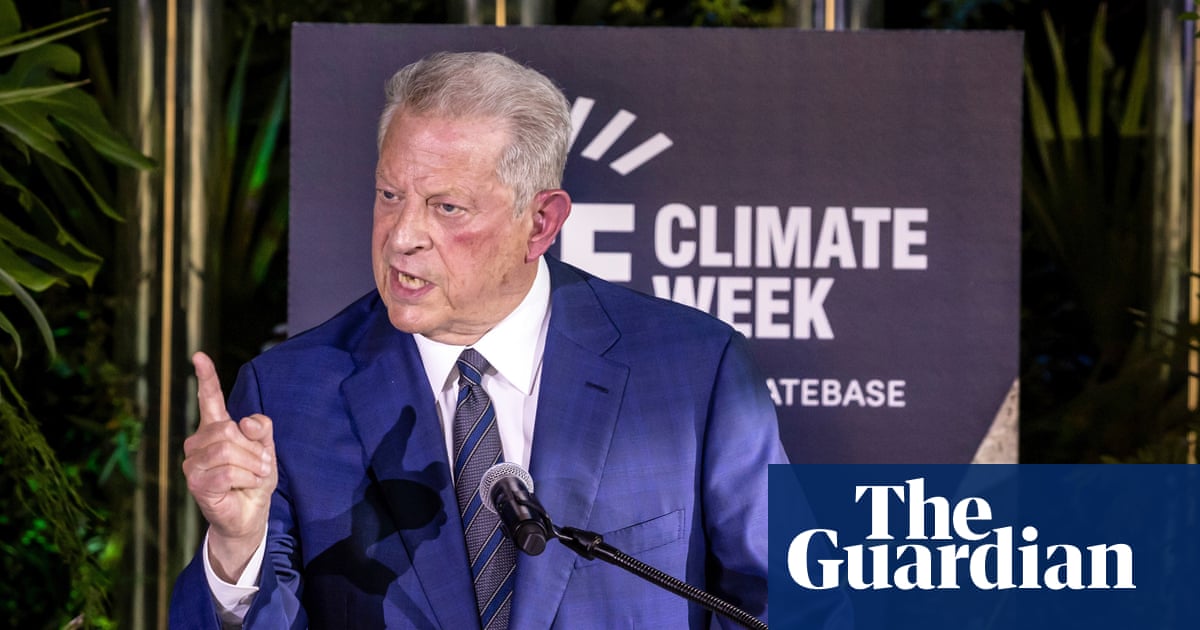Former vice-presidentAl Gorecompared the Trump administration with Nazi Germany, in scathing comments made Monday about the president’s use of power during remarks about climate change.
During a speech at an event to mark the beginning of San Francisco’s Climate Week, Gore, an established climate advocate, said that the Trump administration was “trying to create their own preferred version of reality”, akin to the Nazi party during the 1930’s in Germany, Politicoreported.
“I understand very well why it is wrong to compare Adolf Hitler’s Third Reich to any other movement,” said Gore during his speech at the city’s Exploratorium museum.
“It was uniquely evil, full stop. I get it. But there are important lessons from the history of that emergent evil.”
Gore also slammed Trump for preventing the transition to green energy, as the global climate emergency reaches new heights.
“It is abundantly clear that after only three months and one day, that the new Trump administration is attempting to do anything it possibly can to try to halt the transition to a clean future and a deep reduction in the burning of fossil fuels,” Gore said.
Headded: “They say the climate crisis is a hoax invented by the Chinese to destroy American manufacturing, they say coal is clean, they say wind turbines cause cancer, they say sea level rise just creates more beachfront property,” referring to the Trump administration.
Gore concluded his speech by calling on attendees to take action as the US was “under attack”.
Gore’s comments come as three former presidentshave publicly condemnedthe Trump administration over the past two weeks.
Joe Biden, Barack Obama and Bill Clinton have each denounced the Trump administration in separate comments. No president has explicitly named Trump in their remarks.
Obama called out Trump’s mounting attacks against colleges and universities during a speech at Hamilton College in New York on 3 April.
Obama said: “It is up to all of us to fix this … It’s not going to be because somebody comes and saves you. The most important office in this democracy is the citizen, the ordinary person who says, ‘No, that’s not right.’”
In his first post-presidency speech last Tuesday, Biden criticized Trump’s plans to slash social security.
“The last thing [beneficiaries] need from their government is deliberate cruelty,” Biden said. He added: “In fewer than 100 days, this administration has done so much damage and so much devastation.”
